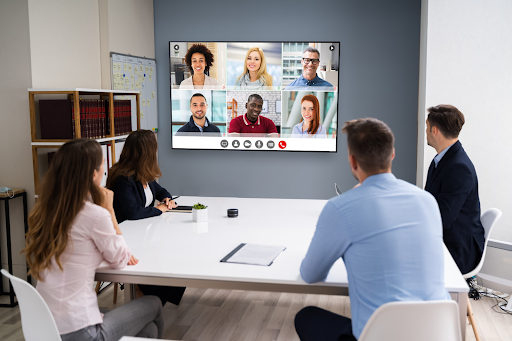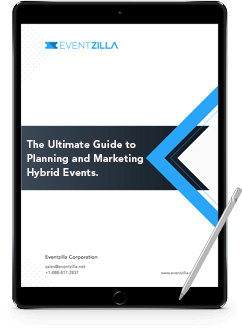Earning a successful event ROI can be difficult. In order to reinforce and expand the success of any event, collecting regular and consistent attendee feedback is critical. We suggest gathering feedback all along the attendee journey, including before, during and after the event. Feedback loops can take various forms including traditional surveys, focus groups and interviews. There are also some interesting newer tactics such as social media hashtags, text messaging or event apps.
But what information should you collect? That will depend on where you are in the event journey and which loop you are utilizing. It will also depend on the feedback that is important to you. Here are some ideas on what questions to ask in a post-event survey.
1. How would you rate this event?
Providing a rating scale for this question is best for gathering concrete overall feedback. It provides quantitative data that you can use to develop metrics on the overall perception of your event.
2. What did you like most (least) about this event?
Following up a quantitative question with an open-ended one is a great strategy for diving deeper into individual perceptions. Answers to this question will help you develop strategies to refine specific elements of your event.
3. How did you like the food, activities, accommodations, speakers?
Drill down into specifics to identify stars and flops. No event is perfect. There is always room for improvement. Conversely, there may have been elements that just blew attendees away. It’s crucial to know both ends of the spectrum.
4. How can we make it better?
This is another open-ended question that can help you focus your event improvement strategy. By addressing the elements that are important yet lacking in the eyes of your attendees, you are maximizing the chances that they will return.
5. How did you hear about the event?
This will help you understand which event marketing tactics were the most successful so that you can be more efficient in future efforts.
6. What made you decide to attend?
This question will help you know how persuasive your event marketing messaging was and which of your event planning tools were the most impactful. It’s important to identify what is most valued as the perceived event benefit.
7. Will you attend a future event?
Building long term relationships with your attendees is critical to success. What will it take for an attendee to return? This question gives you a place to start in building that connection.
8. Was the event a good value?
Your goal is to create an event that provides the desired benefit at a good value. The cost, not only in dollars but also in time and other resources, must be seen as necessary in order for attendees to return. If it is not, you have work to do.
9. Will you provide a testimonial?
This is an outstanding tactic to engage attendees as well as build your content marketing strategy. Testimonials are an effective experiential marketing tool.
10. Would you recommend this event to colleagues and friends?
This is the ultimate feedback question. It has been proven that a positive answer to this one question suggests brand loyalty. Nothing else matters if attendees’ perceptions are not positive enough to tell others about your event. When attendees become your ambassadors, the event marketing job becomes exponentially easier.
Although there is an infinite number of questions you could ask, we’ve given you only ten post-event survey questions here for very strategic reasons. It is best to limit the number of questions on any survey to 10 or less to avoid survey fatigue. It is also important to develop different types of feedback tactics and at different journey periods so that your feedback is comprehensive. We’ll discuss some of these other strategies in a different blog post.







